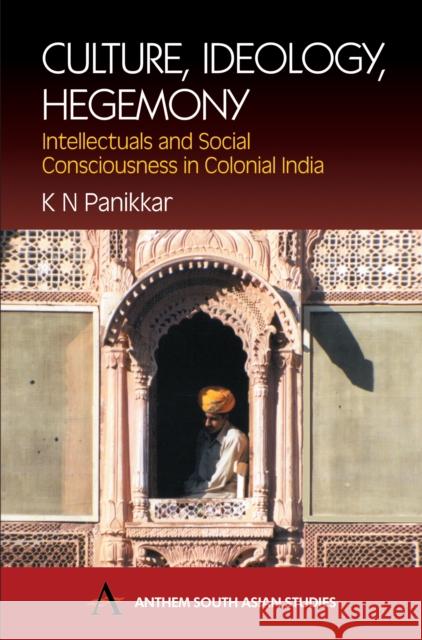Culture, Ideology, Hegemony: Intellectuals and Social Consciousness in Colonial India » książka
Culture, Ideology, Hegemony: Intellectuals and Social Consciousness in Colonial India
ISBN-13: 9781843310525 / Angielski / Twarda / 2002 / 224 str.
This volume explores the interconnections between culture, ideology and hegemony in an effort to understand and explain how Indians came to terms with colonial subjection and envisioned a future for the society in which they lived. The process of exploring the indigenous epistemological tradition and assessing it in the context of advances made by the west was not unilinear and undifferentiated; it was driven with contradictions, contentions and ruptures. Locating intellectual history at the intersection of social and cultural history, the eight essays in this book cover a wide range of issues, moving from an overview of religious and social ideas in colonial India to empirical studies of themes such as indigenous medicine, the family and literary fiction. Professor Panikkar contests both the imperialist and nationalist paradigms of intellectual history. Meticulously researched and lucidly argued, his analysis is illuminated by a rare sensitivity to the nature of class formation and class values, as well as to the material conditions of human existence.











